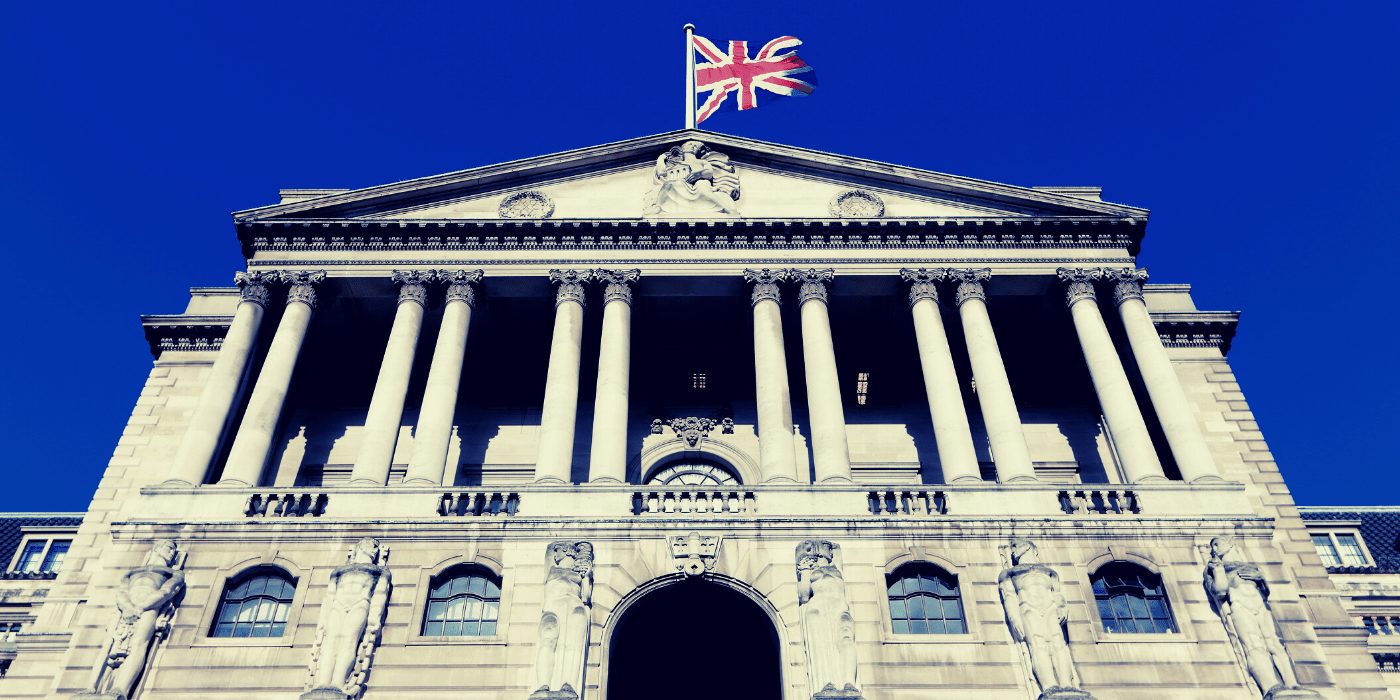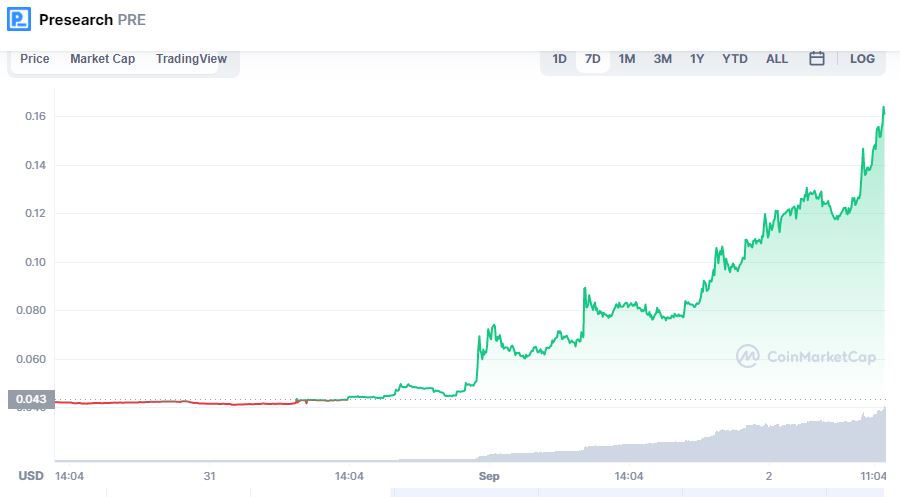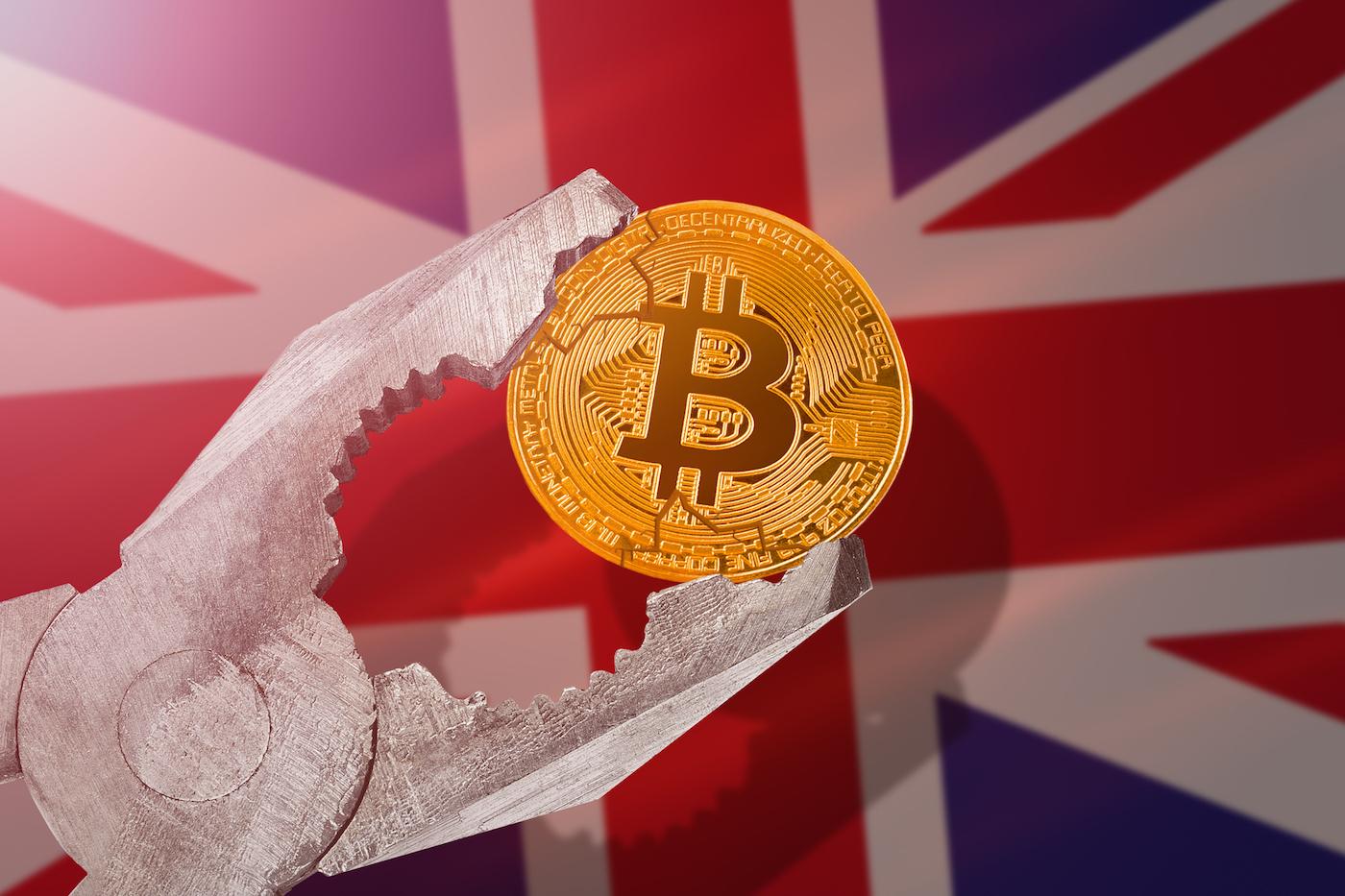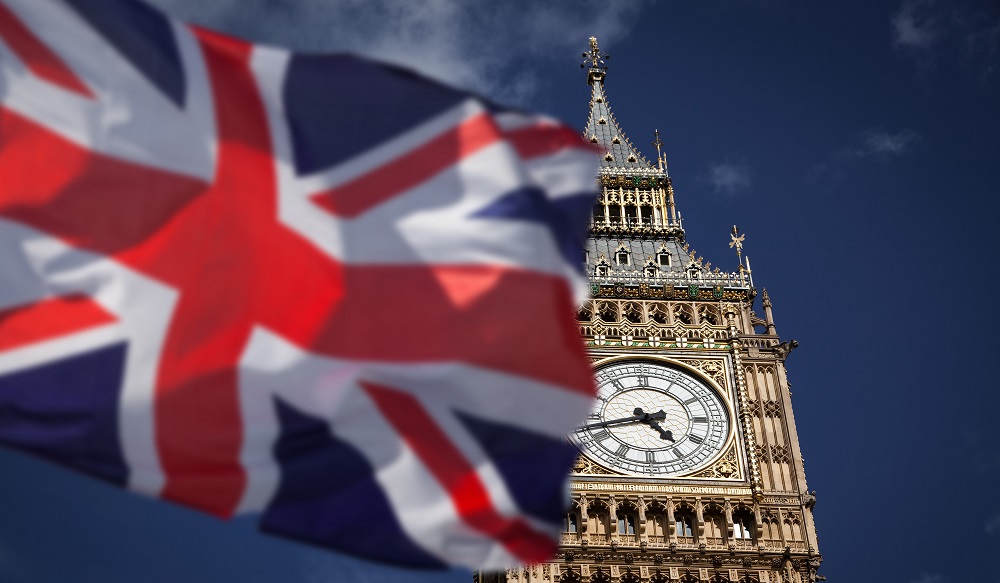In the wake of the Terra ecosystem collapse, the UK’s financial and economic ministry, HM Treasury, has released a consultation paper on systemic failures within what it terms “digital settlement assets including stablecoins”. Its recommendations have taken some by surprise.
Managing ‘Systemic Failures’
As per the consultation paper, HM Treasury has announced that the Bank of England (BoE) would intervene to direct and oversee collapsing stablecoins if, in its judgement, a stablecoin issuer has “reached a system scale fail”.
The government considers that it is important to ensure existing legal frameworks can be effectively applied to manage the risks posed by the possible failure of systemic DSA [digital settle asset] firms for the purposes of financial stability.
HM Treasury consultation paper
The document prepared was delivered in response to a consultation process in relation to the entire crypto sector which began earlier this year and concluded last month.

The British government is reportedly keen to amend prevailing financial legislation in order to bring crypto under the jurisdiction of the BoE, including instances where specific stablecoin issuers reach financially precarious positions.
Interestingly, the paper suggests that the revised rules would apply in in the case of stablecoins and “might include – but [are] not limited to – the issuer of a stablecoin, a wallet, or a third-party service provider”.
The government clarified that the central bank would intervene in the event of a “systemic collapse”, defined as “deficiencies in a system’s design or disruption to its operation [that] may threaten the stability of the UK financial system or have significant consequences for businesses or other interests”.
Broad Powers to the BoE May Flow On
At this early stage, the nature and extent of the central bank’s powers are largely unclear. However, on a closer inspection of the language used throughout the consultation paper, it’s evident that HM Treasury is looking to offer the BoE the broadest possible powers given the proliferation of references to “direction” and “oversight”.
While the UK has thus far proved to be crypto-friendly, one of the main concerns flowing from the USDT/LUNA fiasco was fears of increased regulation. It now appears that such fears were warranted given this latest move by the British government. One should probably expect the other G7 nations to imminently follow suit.








